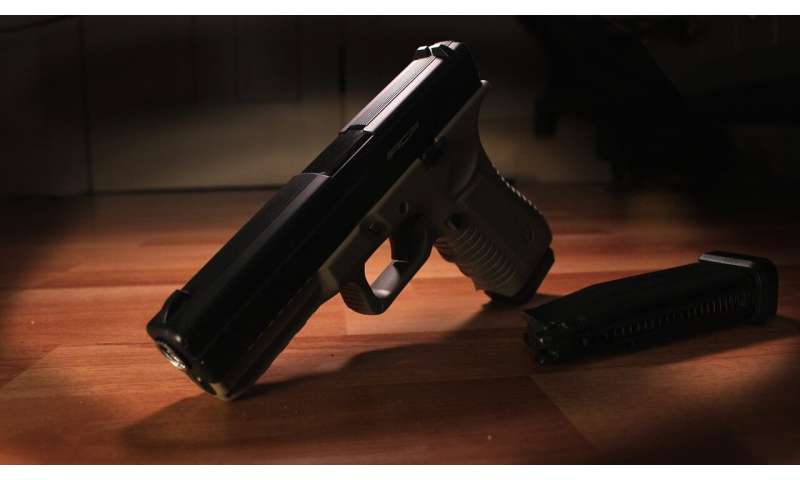
People who purchase a firearm during the pandemic are more likely to be suicidal than other firearm owners, according to a Rutgers study.
The study, published in the American Journal of Preventive Medicine, found that about 70 percent of those who bought a firearm during the COVID-19 pandemic reported having suicidal thoughts throughout their lives, compared to 37 percent of the rest of the community of gun owners.
“People who were motivated to purchase firearms during COVID-19 might have been driven by anxiety that leaves them vulnerable to suicidal ideation,” said Michael Anestis, executive director of the New Jersey Gun Violence Research Center and an associate professor at the Rutgers School of Public Health. “While this does not guarantee an increase in suicide rates, it represents an unusually large surge in risk made more troubling by the fact that firearms purchased during COVID-19 may remain in homes beyond the pandemic.”
According to Anestis, more than 2.5 million Americans became first-time gun owners during the first four months of 2020, with an estimated two million firearms purchased alone in March 2020 when the initial surge of the coronavirus pandemic began.
“Firearm owners are usually no more likely than non-firearm owners to experience suicidal thoughts. It is possible that a higher-risk group is driving the current firearm purchasing surge, introducing long-term suicide risk into the homes of individuals who otherwise may not have acquired firearms during a time of extended social isolation, economic uncertainty and general upheaval,” Anestis said.
In the Rutgers study, researchers surveyed 3,500 Americans, approximately one-third of whom were firearm owners, and asked about their reasons for purchasing a gun during the pandemic, their methods of gun storage and whether they had ever experienced thoughts of suicide. The study looked at three groups: people who were existing firearm owners who did not purchase a firearm during the pandemic, people who purchased a firearm during the pandemic and non-firearm owners.
The study found that, of those who bought a firearm during the pandemic, 70 percent had experienced suicidal thoughts throughout their lives, 56 percent had experienced suicidal thoughts during the previous year and 25 percent had experienced suicidal thoughts during the previous month. By contrast, individuals who did not buy guns during the pandemic were only 56 percent, 24 percent and 12 percent respectively likely to have had suicidal thoughts during those time periods.
People who purchased a firearm during the pandemic also were found to be more likely to have storage habits that made the firearms less secure, such as switching between unloading their firearms and loading them before storage; using locking devices and then removing them; or switching between storing a firearm outside and inside the home.
Source: Read Full Article
